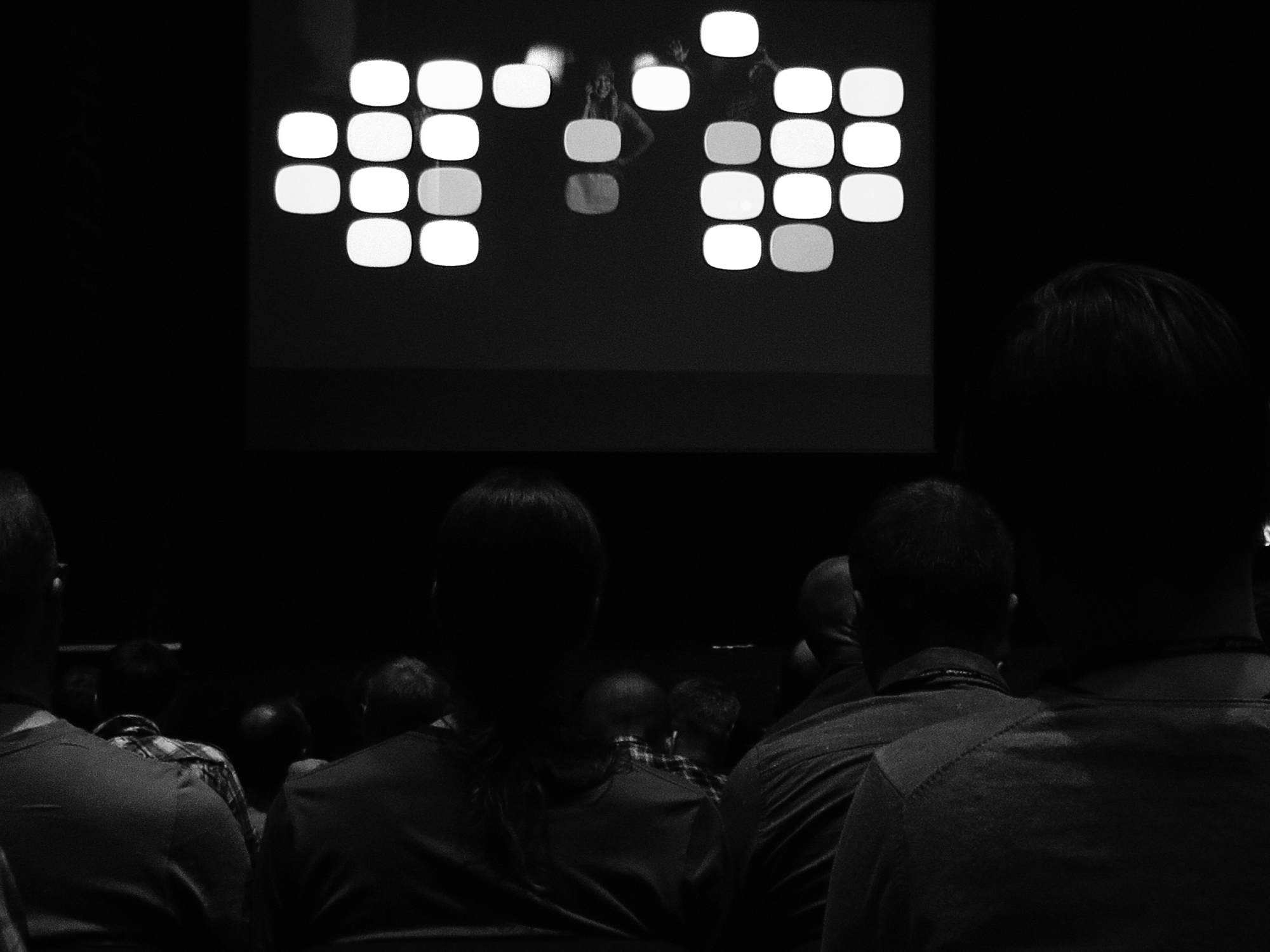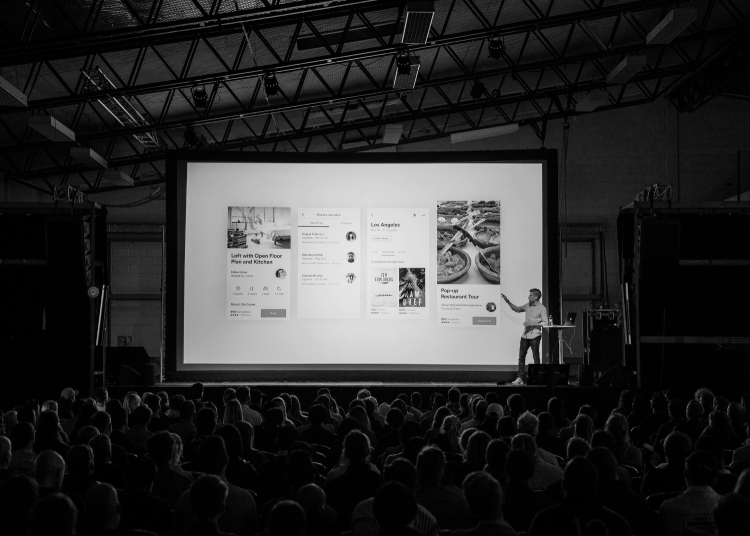Last week I found myself at The Big Bang, an event hosted by the Drum in partnership with Marin Software, which discussed future innovations and trends in advertising in 2020 and beyond.
Artificial intelligence: What do we need to know about it?
The event kicked off with a panellist discussion on whether we’re over-estimating AI. The volume of content surrounding the subject is growing significantly – it seems our imaginations can’t help but get carried away with its potential. The panellists brought us back to the present, describing AI as purely ‘fancy maths’ which nevertheless offers a very practical opportunity for advertisers. Sera Miller, Co-Founder of The Fawnbrake Collective, pointed out that we’re in the very early stages of AI’s capabilities, and that very few people are equipped with the skills to fully exploit the potential of the science behind it today. Challenged with the notion that in the future we’ll need to define people’s roles more carefully in an AI-dominated world, there was a general feeling that we’re still speculating and are yet to discover the exact dynamics that’ll exist between humans and robots.
The future of retail
Later in the day, a retail panel discussed the big shifts we’re seeing in the sector and how it’s expected to grow. There was a consensus that we’re seeing huge growth in online marketplaces, with increasing advertising spend moving towards feed-based advertising models which provide personalised creative to the end user. And, of course, the panellists brought up the decline we’re currently experiencing in some of the nation’s biggest stores, arguing that the traditional store model that worked so well in the late 1980s and 1990s is no longer. To survive in today’s market, retailers need to re-think the role that their stores play on the high street from the eyes of the consumer.
Search and its importance to advertisers
Ian Carrington, Managing Director of Search Advertising at Google EMEA, then led us to speculate on the future of search. He spoke about how voice search had developed significantly over the last few years, with Google Translate now operating at a 95% accuracy level. Google has been pushing voice search for several years now, but the uptake has been slower than anticipated. However, search more generally is on the rise; as it continues to be increasingly more useful, personalised and relevant, our motivation to conduct online searches will continue to rise. Ian spoke of an ‘assisted revolution’, where today’s user is being helped by Google when searching and not just presented with results. He mentioned that searches that include words like ‘best for me’ have increased too, highlighting the degree to which we’re seeking personalised search results that are useful and relevant.
I left the day feeling that we’re in a very interesting time in the evolution of digital marketing, but also that we’re at a point of conflict: while technology keeps rattling forward, our physical stores are challenged with keeping up, and as more accurate personalisation in advertising helps deliver ROI for brands, we’re also seeing a rise in the use of ad blockers. And I, for one, really look forward to seeing how we seek to overcome these challenges in 2020 and beyond.



